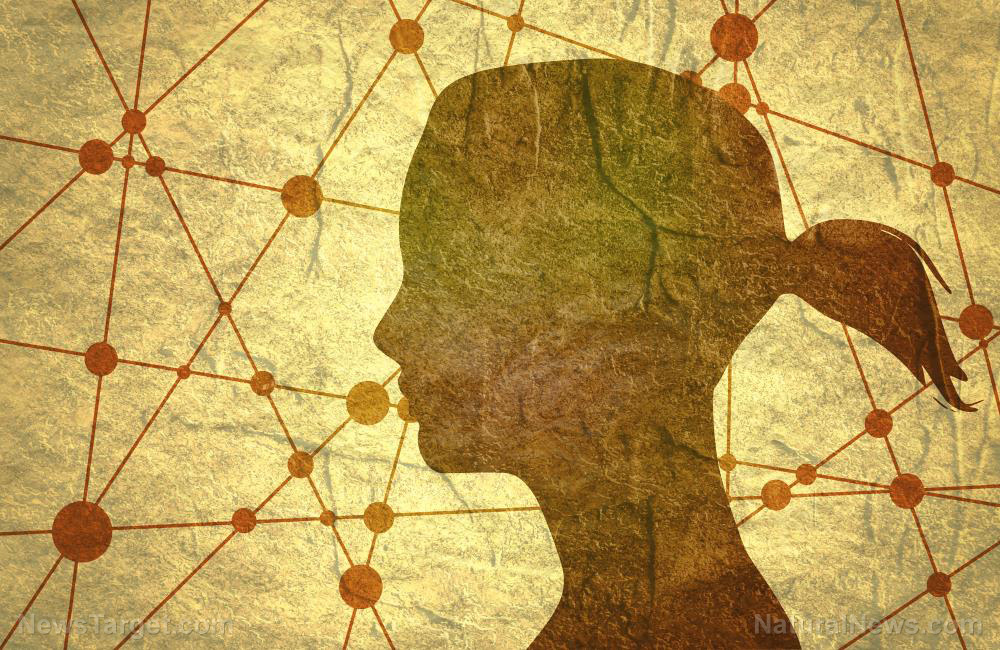Are you a highly sensitive person? There are 4 profound brain differences that explain why you feel the way you do
04/30/2019 / By Evangelyn Rodriguez

Over the years, studies have tried to explain what makes a highly sensitive person (HSP), well, sensitive. Research shows that such people possess a trait called sensory processing sensitivity, which makes them overly responsive to environmental and social stimuli. They also process information more thoroughly and pay more attention to things. The cause is said to be genetic, but environmental factors also contribute to their hypersensitivity. To better understand the underlying mechanisms of hypersensitivity, scientists have looked at one organ in particular: the brain.
What happens inside a highly sensitive person’s brain?
In the brains of HSPs, dopamine signals are interpreted in a different way. Dopamine is one of the many chemical signals (neurotransmitters) that nerve cells use to communicate. The brain has many dopamine pathways, and one of them is related to reward-motivated behavior. If you find achieving a goal pleasurable, it’s due to responses in your brain that are related to dopamine. However, in highly sensitive people, dopamine and the brain don’t work the same way. It is believed that variations in multiple genes related to dopamine could alter the brain’s response to it. This is why HSPs don’t show the same level of excitement as others in situations where dopamine is expected to give you a thrill. Unfortunately, the specific functions of these genes haven’t been identified so the way that the brains of HSPs react to dopamine hasn’t been fully explained.
The mirror neurons in an HSP’s brain are more active. Mirror neurons are specialized brain cells that allow a person to “mirror” the actions or expressions of others. When we try to relate to a person’s emotions using our own experiences, it enables us to understand them. This is why mirror neurons are essential for social interactions. They are also involved in awareness, empathy, and action planning. While HSPs have the same number of mirror neurons as other people, theirs are more active. One study involving functional brain imaging showed that HSPs have consistently high activity in parts of the brain related to social and emotional processing. This allows them to show more empathy – even to strangers – than people who are less sensitive.
The activity in the ventromedial prefrontal cortex (vmPFC) of HSPs is enhanced. This part of the brain is connected to other parts like the temporal lobe and the amygdala, so it receives and processes a lot of sensory data. It also influences other brain regions and is responsible for regulating emotion. This was evidenced by defects in both emotional responses and emotional regulation observed in people with lesions in the vmPFC. However, in HSPs, a gene they possess enhances the emotional “vividness” of their experiences. This enhancement greatly affects the activity of the vmPFC, making HSPs feel more than individuals who are less sensitive. So if you know an HSP and you’re baffled as to why he or she reacts intensely to certain things, the combination of these two things are to blame.
The brains of HSPs are wired to have heightened awareness. In the same brain imaging study which showed the high activity of mirror neurons, two more areas of an HSP’s brain were found to be overstimulated: the cingulate cortex and the insular cortex. The cingulate cortex plays a role in the formation and processing of emotions, while the insular cortex is involved in the processing of signals from different parts of the body. These two are considered parts of the brain’s so-called “seat of human consciousness” and contribute to a person’s moment-to-moment awareness. Because of the amount of activity in these two areas, HSPs can’t help but respond more to visual, social, and emotional cues than their less-sensitive peers. This also makes them more aware of their surroundings and other people in particular. This explains why HSPs find it hard to tune out other people and instead pay more attention to them.
Sources include:
Tagged Under: brain function, dopamine, emotional response, genetics, heightened awareness, highly sensitive people, hypersensitivity, mind body science, research



















